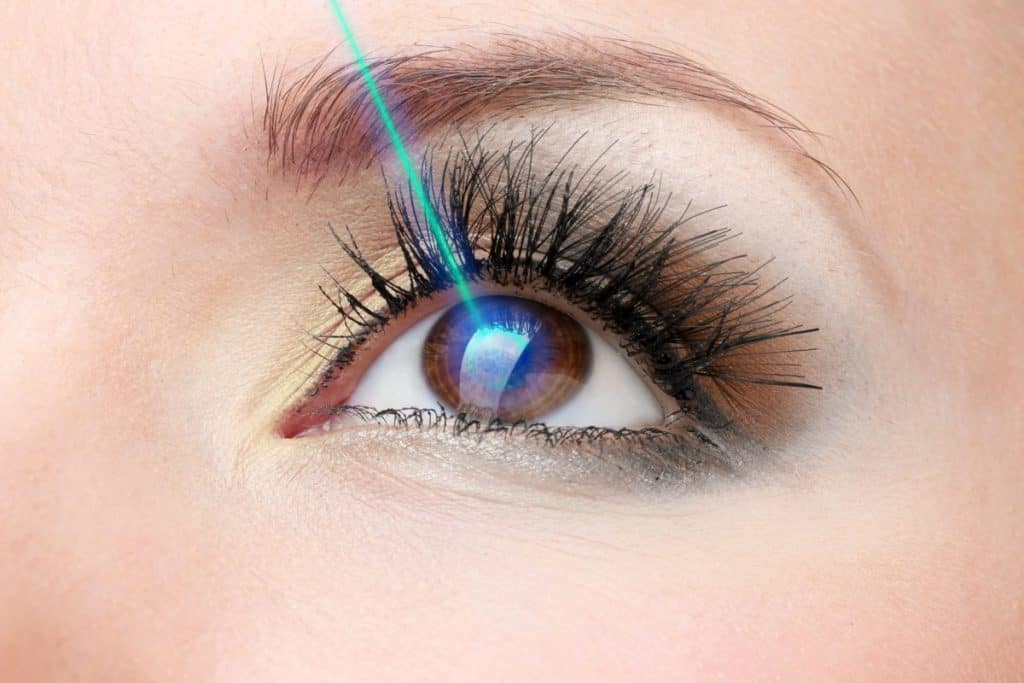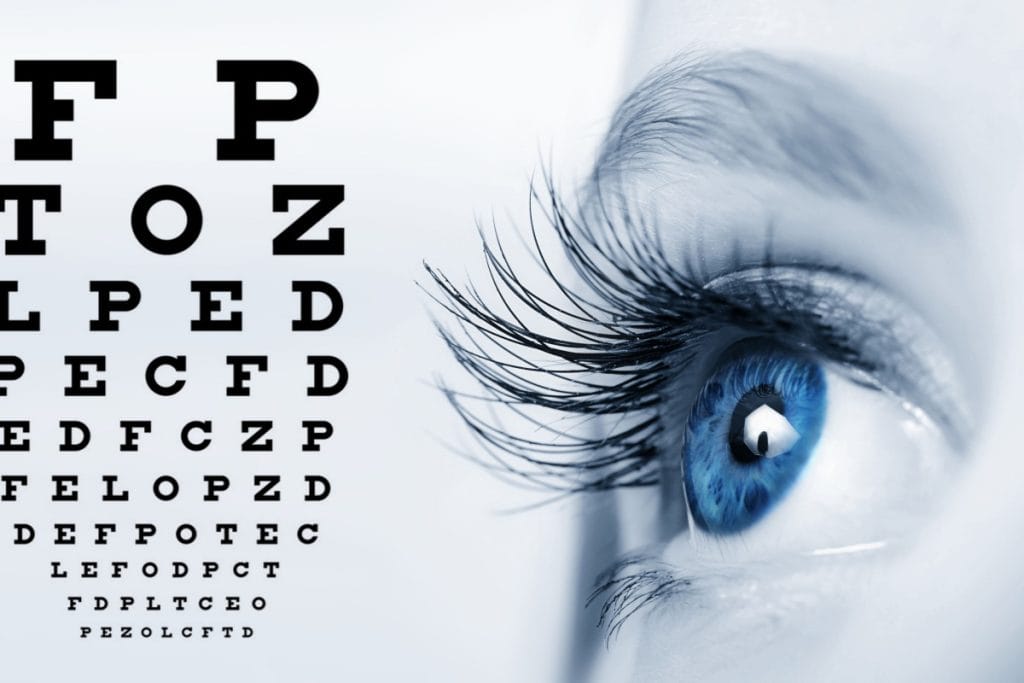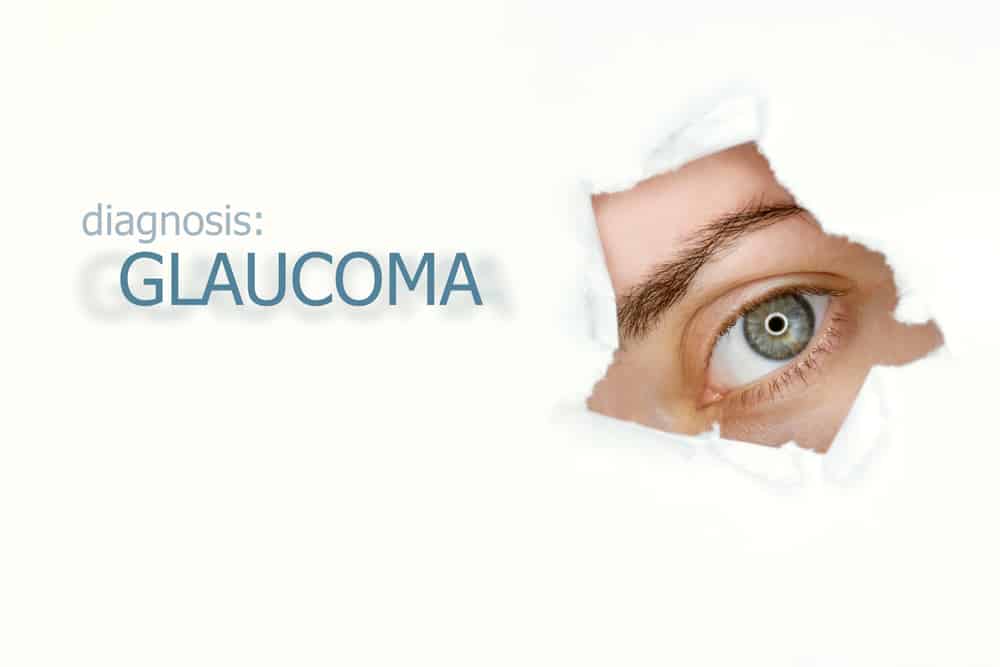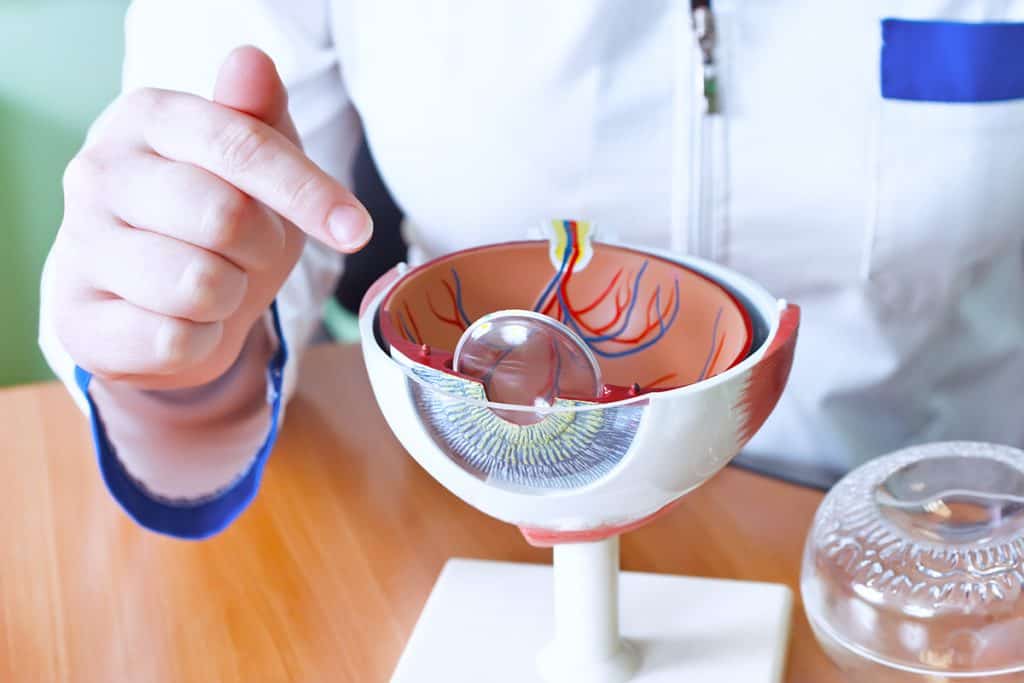
Dry, uncomfortable eyes can significantly impact your quality of life. If you are in search of lasting relief from your dry eye, consider intense pulsed light therapy. At Boston Eye & Physicians, IPL therapy is used to treat the cause of dry eye in patients. Explore the benefits of this procedure below.
The Cause of Dry Eye
The tears are responsible for nourishing the eyes and keeping them healthy and comfortable. The tears are composed of three parts: the water layer, the oil layer, and the mucus layer. Each one plays a key role in the quality of the tears. In the same vein, issues that arise within any of the three layers can lead to eye issues.
The oil layer is related to the meibomian glands, which are located near the lash line on the eyelids. They secrete a substance known as meibum which prevents rapid tear evaporation. Meibomian gland dysfunction occurs when there is a blockage preventing the glands from secreting the meibum, which changes the composition of the tear film. In return, the tears evaporate much too quickly to properly moisturize the eye, leaving patients with eye dryness, redness, and discomfort.
How Does Intense Pulsed Light Therapy Work?
Intense pulsed light, or IPL, therapy works by helping the meibomian glands secrete more oil. During treatment, a device is held over the eyelids, delivering short pulses of light energy that effectively melt the blockages in the oil glands. The meibomian glands can then freely produce and secrete eye-nourishing oils, improving dry eye symptoms in the process.
IPL vs Other Dry Eye Treatments
Many patients can enjoy improved dry eye symptoms after only one or two IPL treatments with lasting results. This is often the more appealing option when compared to other dry eye treatments, such as eye drops. While they may provide temporary relief, eye drops and eye ointments do not address the cause of dry eye symptoms and must be used regularly for eye comfort at all times. In the event that a person forgets to bring their eyedrops with them before leaving the house, they may experience a day of eye dryness. In addition, some individuals find that their eye drops are no longer as effective at providing dry eye relief, and struggle with finding a brand that consistently works for them.
Book Your IPL Consultation
IPL can provide the long-sought-after relief from dry eye symptoms that you desire. Learn more about this treatment by scheduling an eye exam at Boston Eye Physicians and Surgeons in Brookline, Massachusetts, today, by visiting www.BEPSeye.com and clicking “Book Online” or calling (617) 232-9600.










